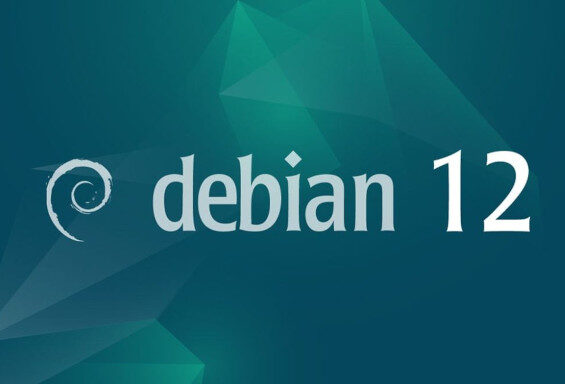The Debian project today released its new stable version 12 (code name bookworm). The bookworm is coming with LTS support and will be supported for the next 5 years which includes Linux 6.1 LTS kernel.
One of the biggest feature launched with Debian 12 is a new archive area making it possible to separate non-free firmware from the other non-free packages. Most non-free firmware packages have been moved from non-free to non-free-firmware. This separation makes it possible to build a variety of official installation images.
Debian 12 also brings read/write support for APFS (Apple File System) with the apfsprogs and apfs-dkms utilities, a new tool called ntfs2btrfs that lets you convert NTFS drives to Btrfs, a new malloc implementation called mimalloc, a new kernel SMB server called ksmbd-tools, and support for the merged-usr root file system layout.
With the release of the “bookworm”, Debian has now enhanced their collection of man pages way more than ever before with translations now available in zech, Danish, Greek, Finnish, Indonesian, Macedonian, Norwegian (Bokmål), Russian, Serbian, Swedish, Ukrainian, and Vietnamese. All of the systemd man pages are now completely available in German.
With this broad selection of packages and its traditional wide architecture support, Debian once again stays true to its goal of being The Universal Operating System. It is suitable for many different use cases: from desktop systems to netbooks; from development servers to cluster systems; and for database, web, and storage servers. At the same time, additional quality assurance efforts like automatic installation and upgrade tests for all packages in Debian’s archive ensure that bookworm fulfills the high expectations that users have of a stable Debian release.
If you are running the previous version of Debian, Debian 11 “bullseye”, an upgrade to Debian 12 “bookworm” is as simple as running the APT package management tools for the upgrade.
Refer to the official Debian 12 release announcement for more details on the changes in Debian 12 architecture.


Leave a Reply